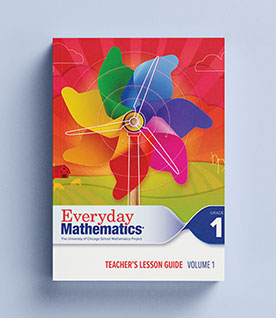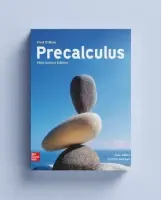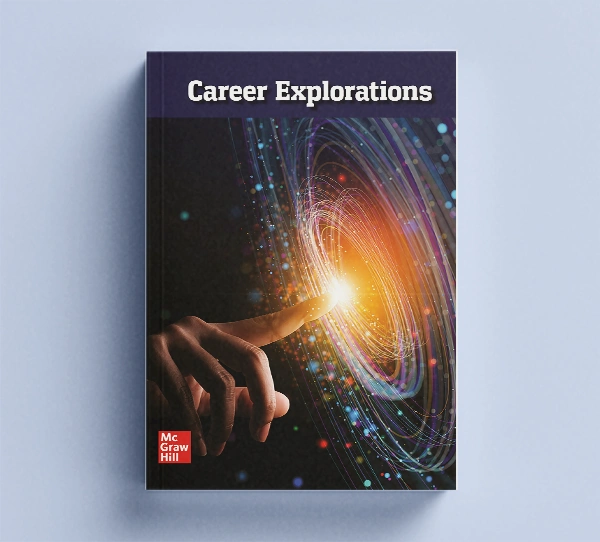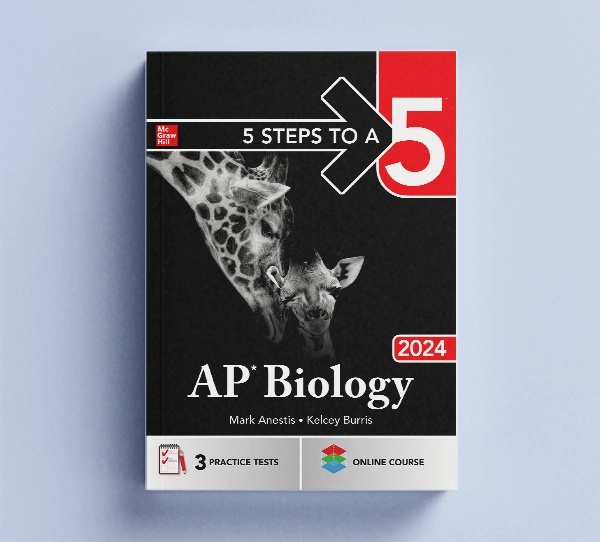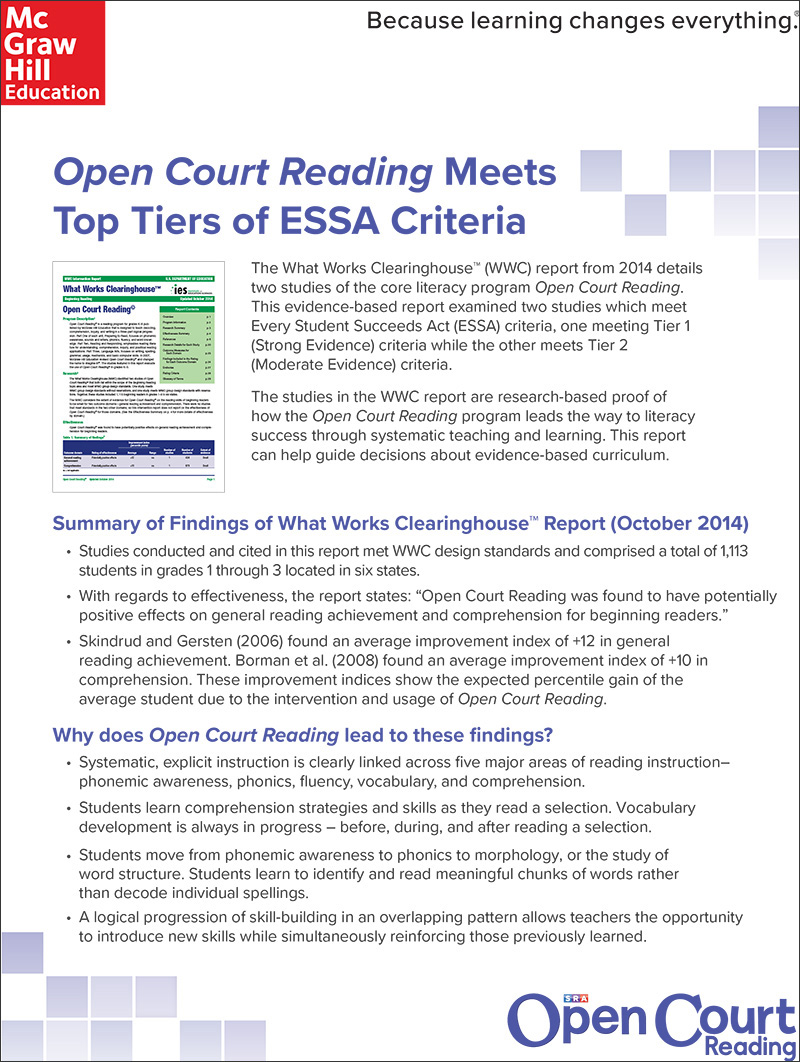Log In to My PreK-12 Platform

Grades K–5
Research

Grades K–5
Research
50 Years of Success. One Powerful Curriculum. A Lifetime of Literacy.
With a legacy of success spanning over 50 years, Open Court Reading is backed by research into how students learn to read. Yet, the program continues to evolve to meet the rigorous and changing demands of today’s classrooms, as well as the ever-changing needs of students and teachers alike.
With success stories across the country, Open Court Reading has touched thousands of students across all levels of literacy to build strong readers, writers, and thinkers.


Request a Demo
Explore the Open Court Reading professional development materials by requesting a demonstration from your McGraw Hill sales representative.












